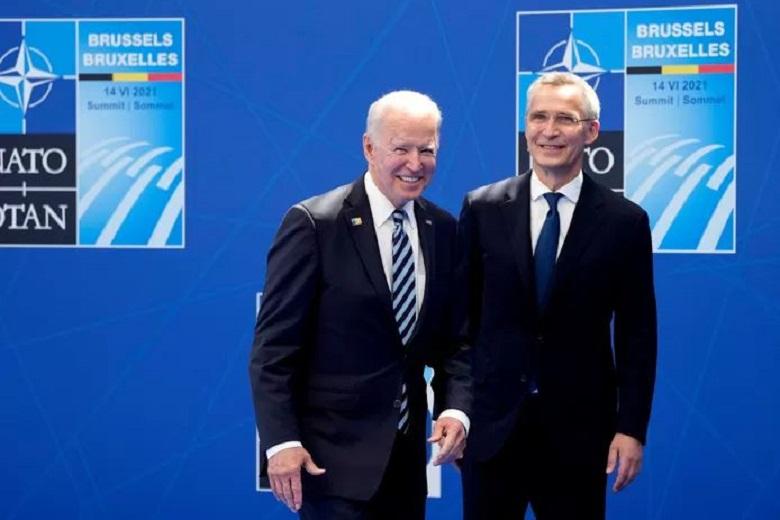NATO faces “systemic rivalry” from assertive and authoritarian powers like China and Russia. That also affects the alliance’s security, NATO leaders noted today. China’s ambitions and behavior pose “systemic challenges” to the world order of mutual agreements and rules, noted Prime Minister Alexander De Croo and his 29 colleagues. But also to areas that are “relevant to the security of the alliance.”
The thirty allies have also agreed to consult and coordinate more with each other. They want to avoid surprising each other, as European allies have repeatedly accused the US under Trump. The closer consultations should also help to calm mutual disagreements, for example, between Turkey and several other Member States. Or at least not let it get out of hand. The fact that they have made many more agreements at this NATO summit than at the editions of recent years is the first evidence of this.
Primeval enemy
Biden assured NATO allies they can count on the US but also expects something in return. Free democratic countries must defend themselves against emerging authoritarian states, he believes. Certainly against China, which he sees as a formidable competitor. But many European member states cherish trade with China and do not want to see the country as an adversary, let alone an enemy.
However, there was no hostility to China among the heads of state and government, Prime Minister De Croo said after the summit. He thinks there must be reciprocity. “Yes, we want to trade with China, but the rules that apply here must also apply there.”
To arm itself against the rise of this “system rival”, NATO does not have to shift its field of activity to East Asia suddenly, Stoltenberg says. “China is coming to us.”
According to the Norwegian secretary-general, the alliance, which originally protects Europe and North America against its primeval enemy Russia, could best defend itself by boosting its own resilience.
Moreover, the future attackers do not come over the Lüneburgerheide with tanks, but via an internet cable or from space.
Some member states would have liked NATO to strive to become ‘climate neutral’ by 2050. The allies have not yet agreed on this. Stoltenberg will propose a “realistic” climate goal, they have agreed.
